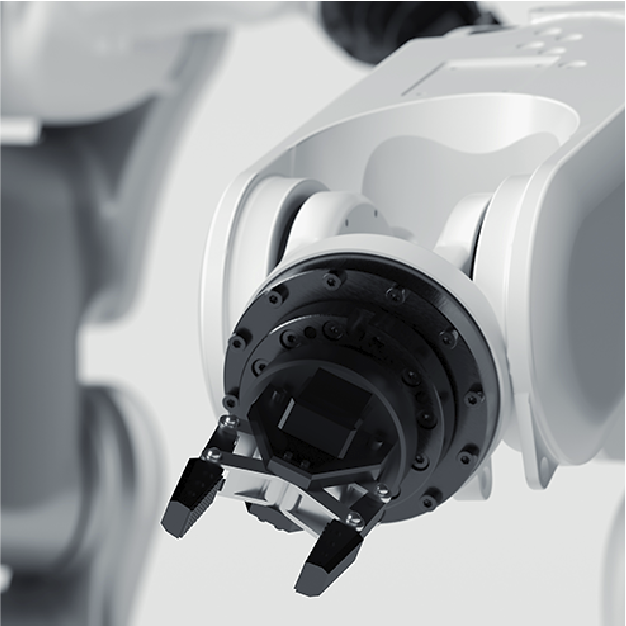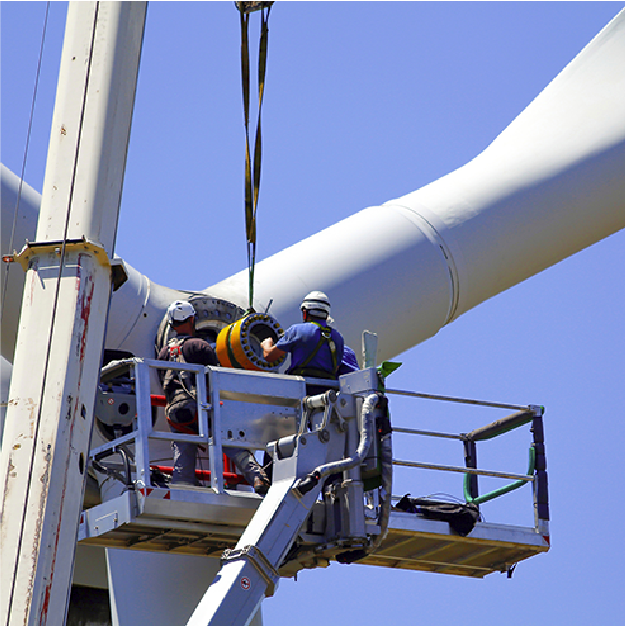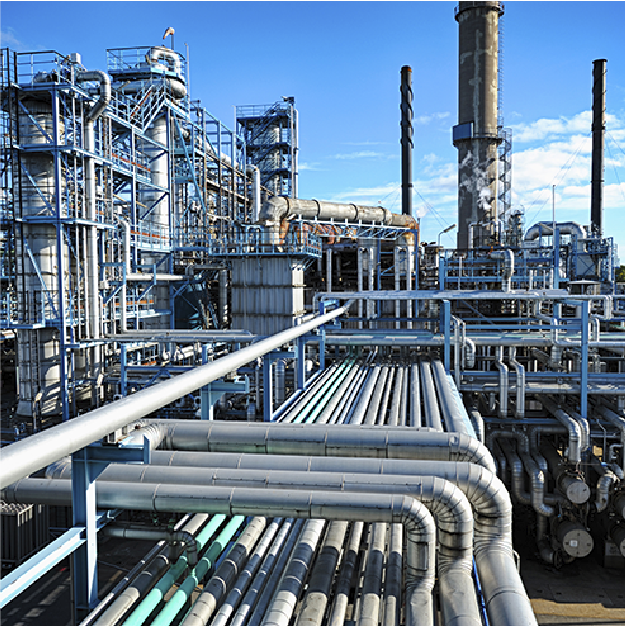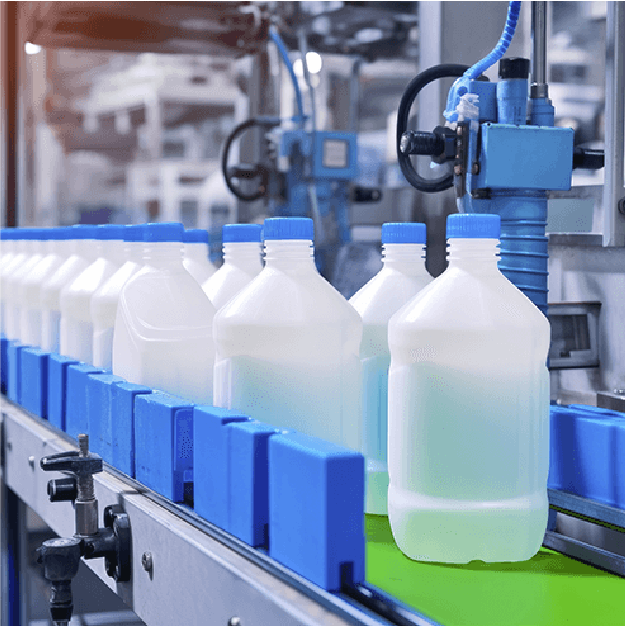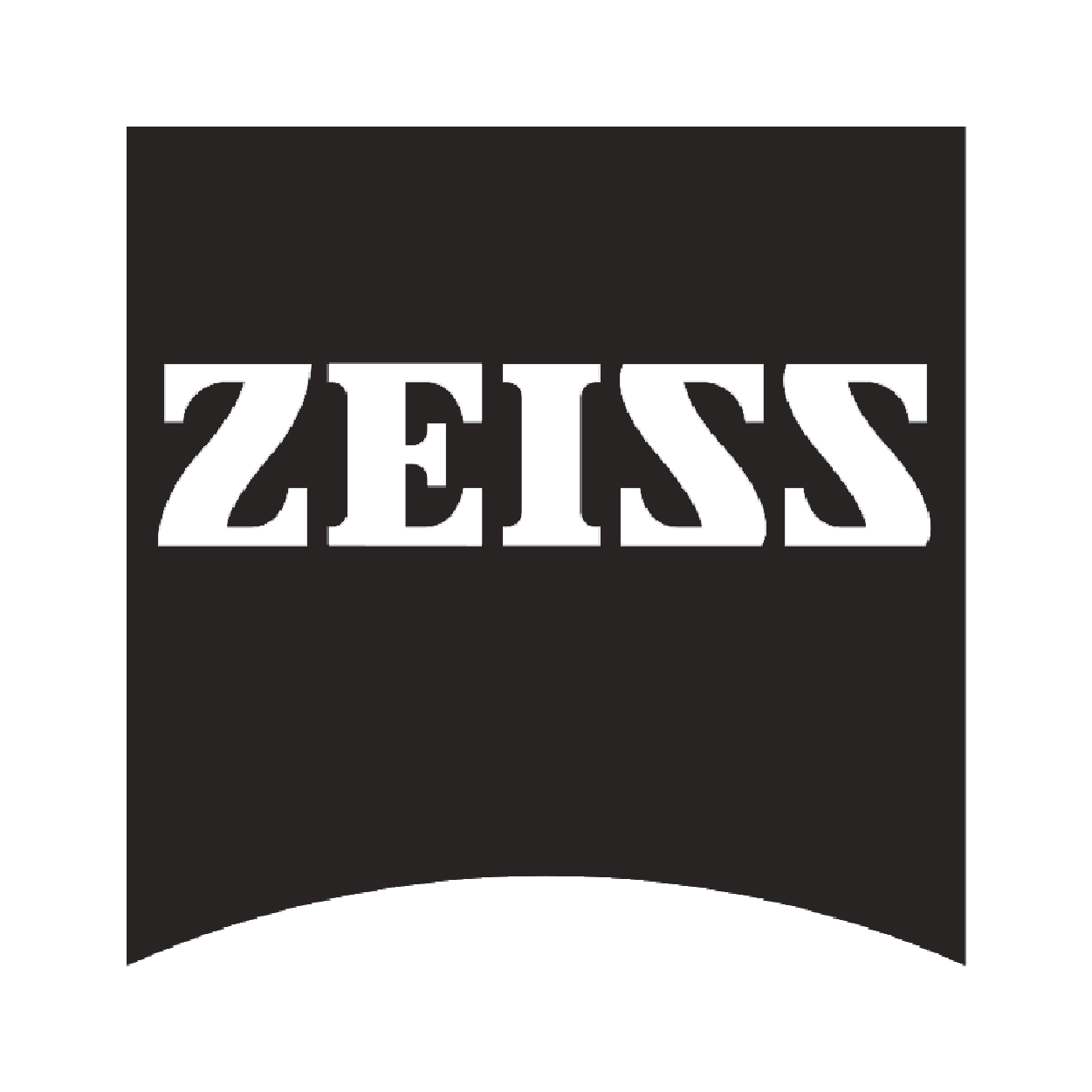Energy & Industrial Manufacturing
Parts in days anywhere in the USA.
Our energy and industrial manufacturing capabilities:
- Instant Quotes and Engineer Assisted Quotes
- 100+ Metal and Plastic Materials
- 40+ Surface Finishes
- Quality Prototypes and End-Use Parts
Quality Matters | AS9100D Certified, ISO 9001:2015, & ITAR Registered
* Not all locations have the required certifications and registrations. We will manufacture parts that require these certifications at facilities that have them.
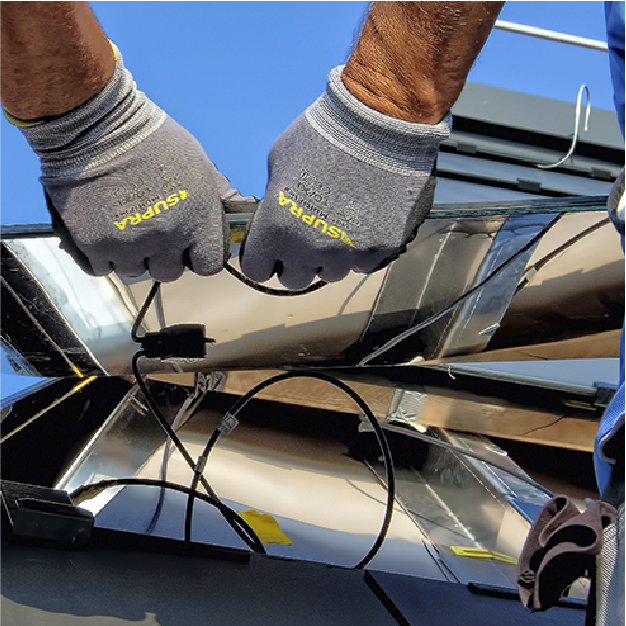
Our Digital Manufacturing Process is Simple.
Upload a CAD file and request a quote.
Our team will start production once we finalize the project details and you accept the quote.
When the part is complete, it passes through quality control.
After your part goes through quality control, our team ships the part(s) to you.
Let your ideas spark to life - we're here to help!
Additive manufacturing, CNC machining, and sheet metal fabrication offer many benefits when manufacturing energy and industrial components. Additive manufacturing, also known as 3D printing, allows for complex geometries to be created with minimal material waste, reducing material and manufacturing costs. CNC machining offers precise and accurate manufacturing capabilities, ensuring that parts are produced to the required specifications. Sheet metal fabrication allows for the creating of sturdy and durable components that can withstand harsh environmental conditions. All three methods can also lead to faster production times, reducing lead times for essential elements. Incorporating these manufacturing processes can also improve sustainability, reducing energy consumption and carbon emissions. Overall, the benefits of additive manufacturing, CNC machining, and sheet metal fabrication make them valuable and essential manufacturing processes for the energy and industrial sectors.
Additive Manufacturing for Energy & Industrial Manufacturing
Additive manufacturing is increasingly used in the energy and industrial fields to enhance manufacturing efficiency, reduce production costs, and improve product quality. 3D printing in energy manufacturing enables the development of new materials and components for wind turbines, solar cells, and batteries while optimizing the shape and design of gas turbine blades. In industrial manufacturing, 3D printing enhances the production of parts by removing the need for tooling, reducing set-up time, and allowing for small runs of custom features. As additive manufacturing technology develops, its impact on the energy and industrial sectors will only grow.
A few energy and industrial applications of additive manufacturing:
- EV Battery Components
- Form & Fit Testing
- Jigs & Fixtures
- Machinery Components
- Robotics
- Solar Panels
- Tooling
- Vibration Dampeners
- Wind Turbine Components
CNC Machining for Energy & Industrial Manufacturing
CNC machining has transformed energy and industrial manufacturing industries by providing a precise manufacturing process that increases efficiency and reduces waste. CNC machines create components for wind turbines, oil drilling equipment, solar panels, aerospace and automotive parts, industrial valves, and hydraulic systems. Additionally, CNC machines can produce custom components for oil refineries and nuclear power plants to meet exact specifications and safety standards. CNC machining is valuable in prototyping and small-batch manufacturing, where precision is critical for product quality. Overall, CNC machining is an essential tool for energy and industrial manufacturing that helps to improve product quality, increase efficiency, and reduce costs.
A few energy and industrial applications of CNC machining:
- Hydraulic Systems
- Nuclear Plant Components
- Oil Drilling Equipment
- Solar Panel Parts
- Valves
- Wind Turbine Components
Sheet Metal Fabrication for Energy & Industrial Manufacturing
Sheet metal fabrication is a crucial process in manufacturing energy and industrial components. It involves cutting, bending, and shaping sheet metal into various parts using materials like steel, aluminum, brass, or copper. Energy components like wind turbines, solar panels, and generators, as well as industrial components like tanks, piping systems, and enclosures, are commonly made using this process. Sheet metal fabrication is cost-effective and allows for complex designs and precise measurements. Sheet metal components are often corrosion-resistant, durable, and easy to maintain, making sheet metal fabrication a popular choice across various industries.
A few electronic and semiconductor component applications of sheet metal fabrication:
- Enclosures
- Frames
- Generator Components
- Piping Systems
- Solar Panel Parts
- Tanks
- Wind Turbine Components
Additional Manufacturing Capabilities
Silicone and urethane casting are commonly used in the energy and industrial sectors due to their unique characteristics, such as durability, flexibility, and resistance to extreme temperatures and chemicals. These materials find applications in producing electrical insulators, seals, gaskets, molds, O-rings, custom parts, and components used in engines and transmissions. Silicone and urethane casting is vital in ensuring equipment and machinery’s durability, safety, and efficiency in the energy and industrial sectors.
Injection molding is a widely used manufacturing technique in the energy and industrial sectors because it produces lightweight, durable parts with high dimensional accuracy and consistency. The final products created through injection molding are known for their high-quality finish and overall efficiency, making it a reliable method for producing a wide range of plastic components.
A few energy and industrial applications of additional manufacturing capabilities:
- Enclosures
- Filters
- Gaskets
- O-ring
- Seals
Why choose Prototek to manufacture your energy and industrial project?
We pride ourselves on delivering excellent service by having a team of experienced professionals who are passionate about their work. Our highly-trained staff uses state-of-the-art machinery to achieve high precision and accuracy in our manufacturing processes. Furthermore, we prioritize the customer’s needs by implementing a customer-centric approach in our business dealings. Our commitment to quality is unwavering. Hence, we ensure our products are reliable and durable, meeting industry standards. It’s no surprise that our customers choose us time and time again for our unparalleled expertise, cutting-edge manufacturing techniques, and unwavering dedication to customer satisfaction.

